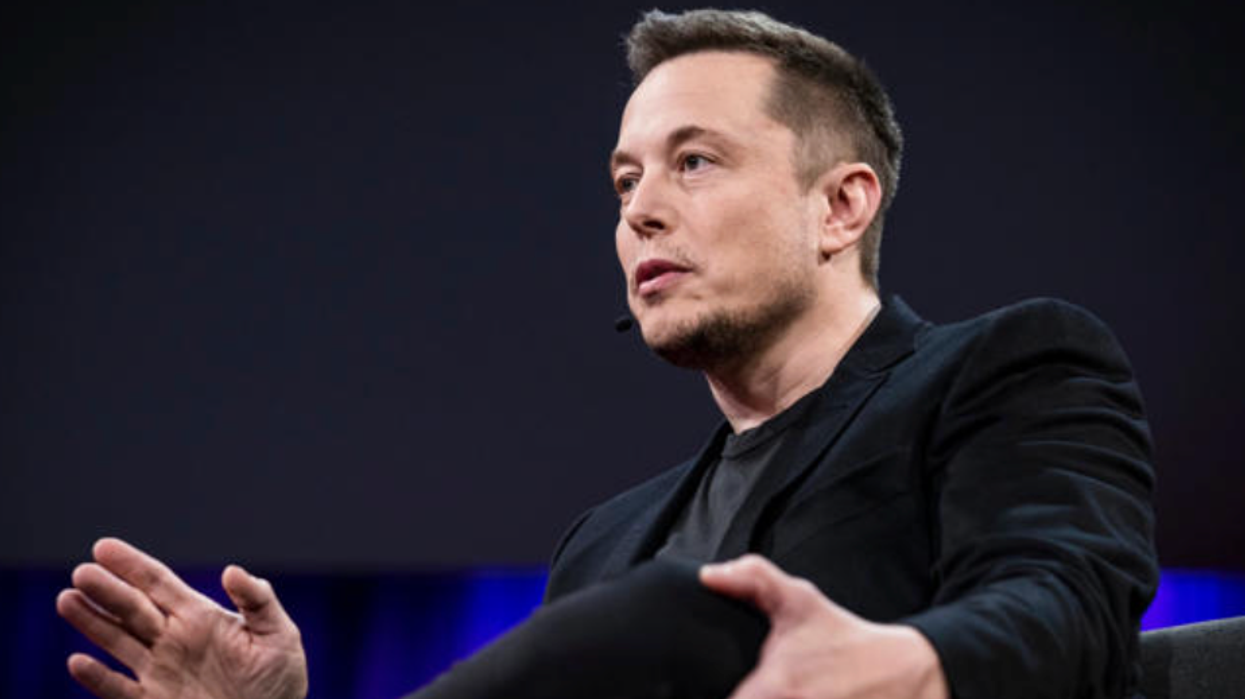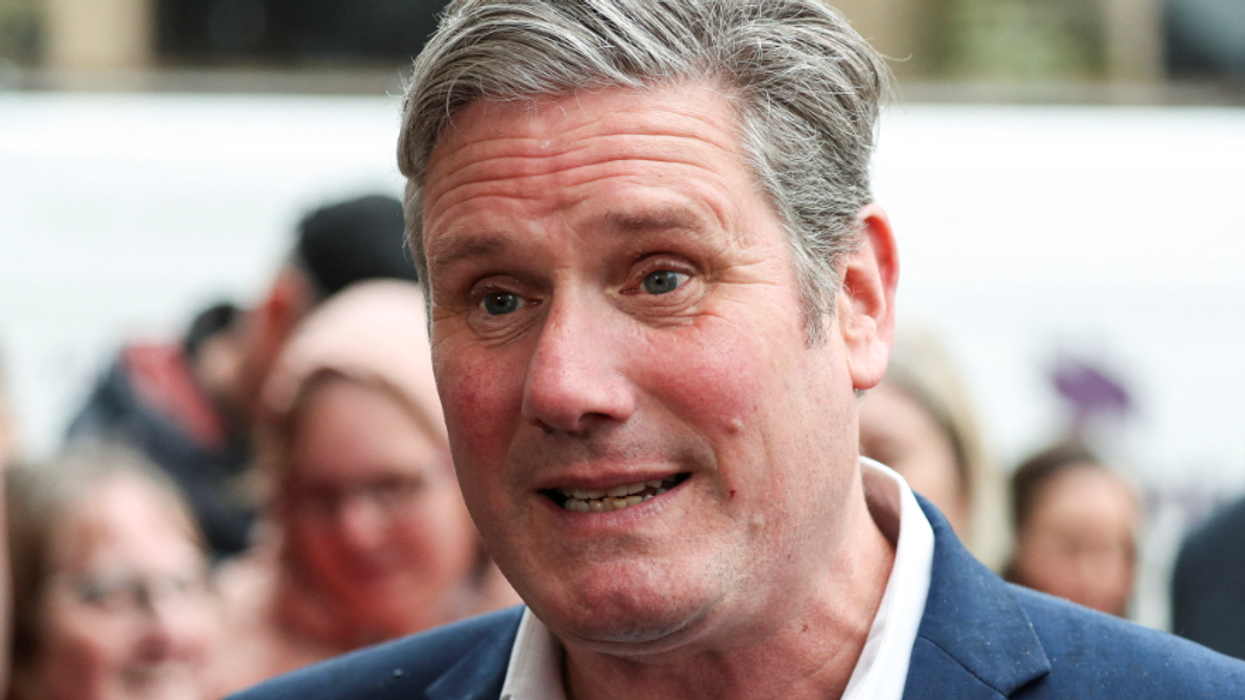French Cybercrime Police Raid Paris Offices Of Elon Musk's 'X' Platform
Law enforcement authorities in France on Tuesday executed a raid on the offices of the social media company X, owned by the world’s wealthiest person Elon Musk, backed by allegations of unlawful “abuse of algorithms and fraudulent data extraction” by company executives.
The mid-morning operation by the nation’s federal cybercrime unit, the Unité Nationale Cyber, also involves the EU police agency Interpol as part of an investigation opened in January 2025 into whether the platform’s algorithm had been used to illegally interfere in French politics.
According to Le Monde:
French prosecutors also said they had summoned X owner Elon Musk for a voluntary interview in April as part of the investigation. “Summons for voluntary interviews on April 20, 2026, in Paris have been sent to Mr. Elon Musk and Ms. Linda Yaccarino, in their capacity as de facto and de jure managers of the X platform at the time of the events,” it said. Yaccarino resigned as CEO of X in July last year, after two years at the company’s helm.The investigation was opened following two complaints in January 2025 and then broadened after additional reports criticized the AI chatbot Grok for its role in disseminating Holocaust denials and sexual deepfakes, the prosecutor’s office said in a statement. One of the complaints came from Eric Bothorel, an MP from President Emmanuel Macron’s Renaissance party, who complained of “reduced diversity of voices and options” and Musk’s “personal interventions” in the platform’s management since he took it over.
The statement by the Paris prosecutor’s office said, “At this stage, the conduct of this investigation is part of a constructive approach, with the aim of ultimately ensuring that the X platform complies with French laws, insofar as it operates on national territory.”
Reprinted with permission from Alternet












